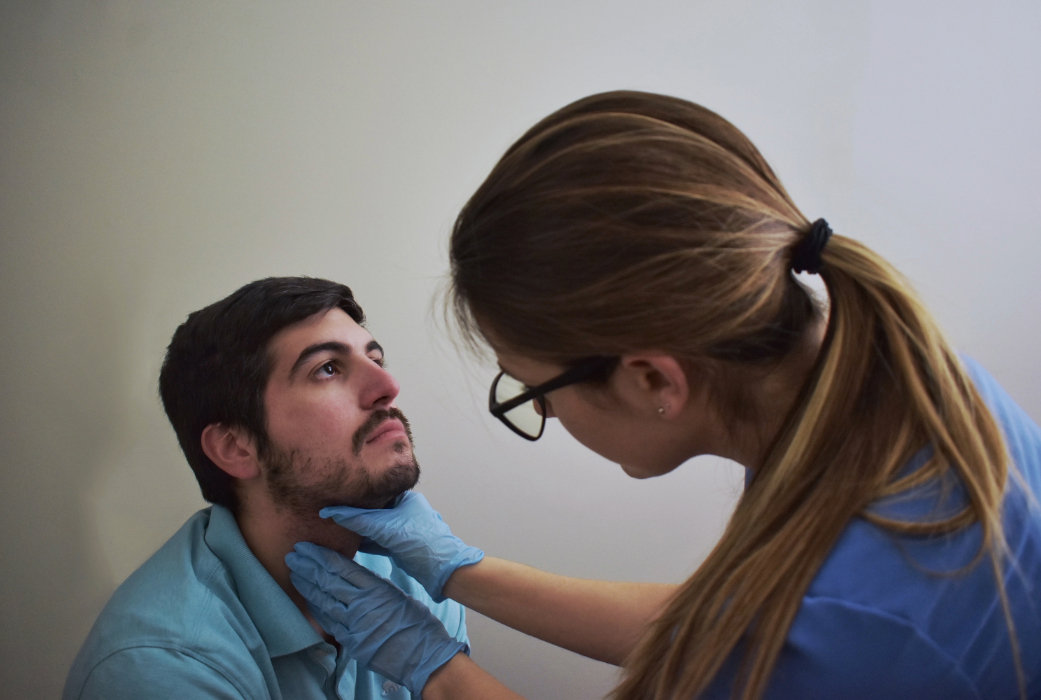Speech and Language Therapy is a dynamic and ever evolving career, which gives you the opportunity to make a real and meaningful difference to the lives of individuals, their families and communities. You will have the opportunity to join SLTs in Ireland in creating a better world for everyone, young and old who has, or may in the future have communication or swallowing needs.
There are multiple entry routes to the profession:
- Undergraduate BSc Speech and Language Therapy Honours Degree
- NFQ Level 8 course plus MSc SLT university degree
CORU, the regulator for health and social care professionals, will provide you information on approved qualifications. Additional information on the profession can be found on the IASLT website or you can visit Careers Portal
If you have qualified outside of Ireland, you will find further information here.




